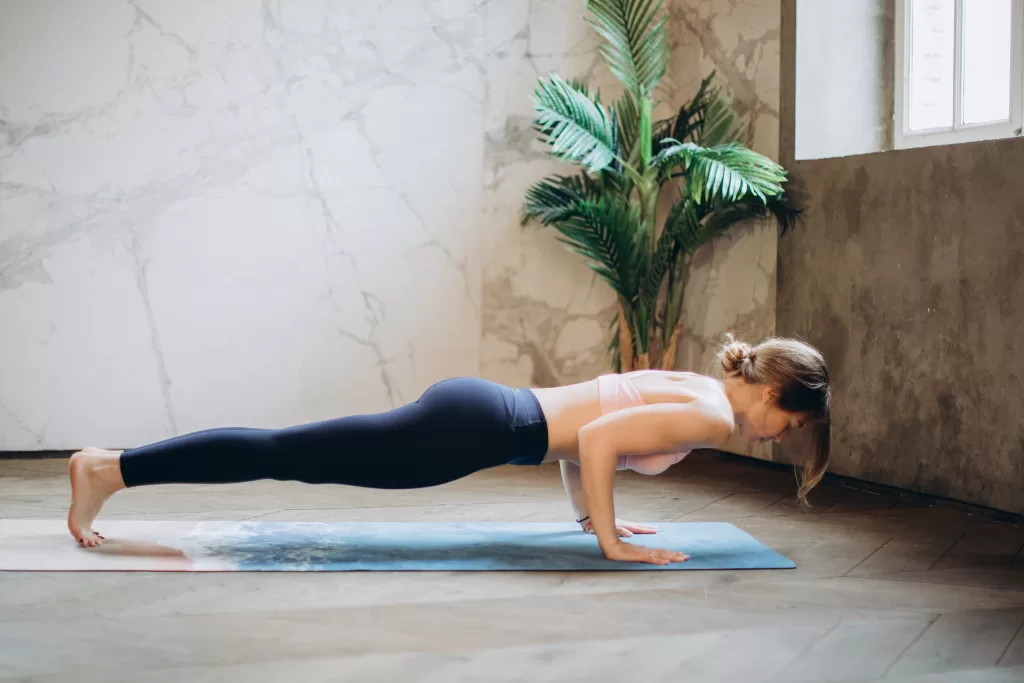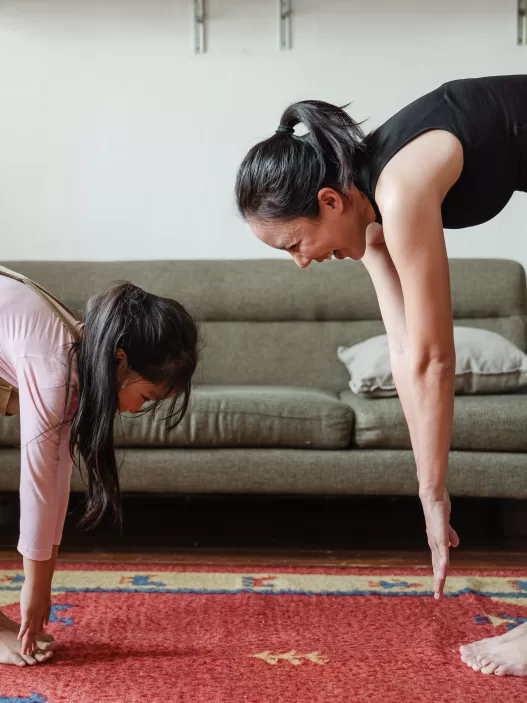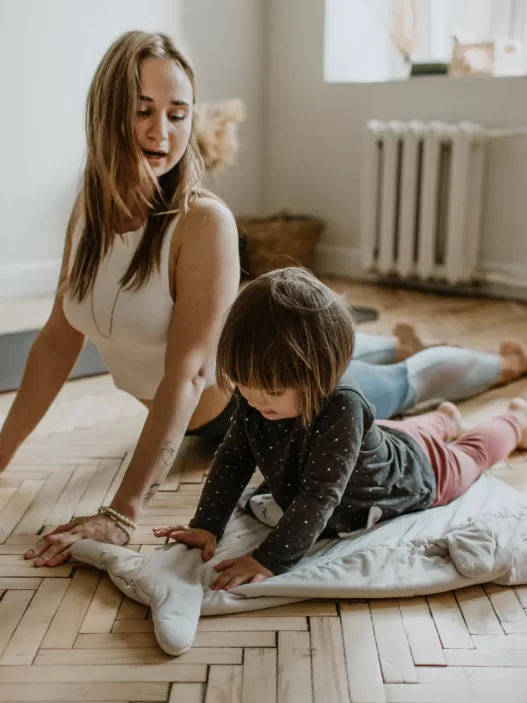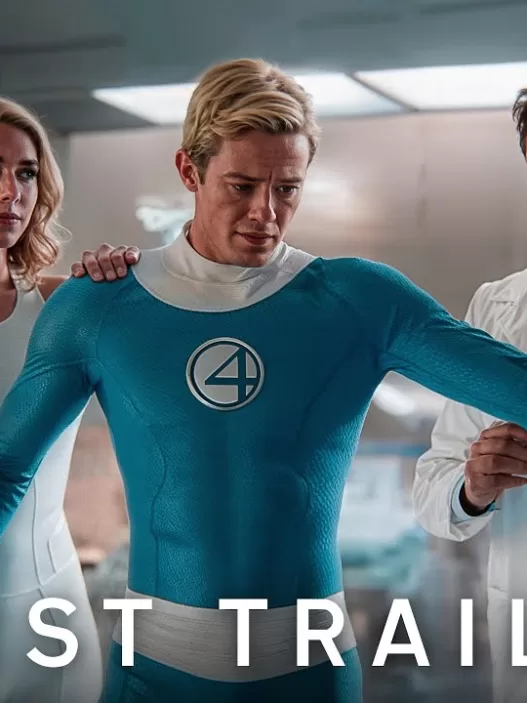
Let’s be honest—exercise hasn’t always been as mainstream as it is today. In fact, up until the 1980s, jogging was considered a weird hobby, and aerobics was met with side-eye skepticism. Fast forward to now, and while we know exercise is important, many of us still manage to overlook it, push it aside, or avoid it altogether.
So, why do so many people ignore something that could literally change their lives for the better? Let’s break it down and figure out why fitness tends to take a backseat—and how we can change that.
1. Lack of Knowledge: We Don’t Know What We Don’t Know
Sure, everyone knows that exercise is “good for you,” but most people don’t fully understand just how good it is.
Beyond weight loss, regular physical activity can:
- Improve heart health.
- Strengthen bones and joints.
- Reduce stress and anxiety.
- Boost cognitive function and mental clarity.
But here’s the kicker—many people also don’t know how to exercise correctly. The fear of “doing it wrong” can stop them before they even start. Misinformation, unrealistic expectations, and confusion about where to begin can create major roadblocks.
The Fix:
Educate yourself in bite-sized pieces. Follow credible fitness experts, watch beginner-friendly workout videos, and start with small, achievable goals.
2. “I Don’t Have Time” – The Modern-Day Excuse
Between work, family responsibilities, and a never-ending to-do list, who has time for a workout, right? The truth is, exercise often falls to the bottom of our priority list because it doesn’t always provide instant gratification like answering an email or checking off a task.
But here’s the deal—exercise doesn’t have to take hours. Even 10-15 minutes of movement a day can make a difference.
The Fix:
- Break workouts into bite-sized chunks throughout the day (a quick walk, bodyweight exercises while watching TV, etc.).
- Prioritize movement by scheduling it into your calendar like an important meeting.
- Think of it as an investment in your future self, not just “one more thing to do.”
3. Motivation Struggles: Exercise Feels Like a Chore
Let’s be real—if exercise feels like punishment, it’s going to be tough to stay consistent. Many people associate fitness with pain, exhaustion, or failure, which makes it easy to put off. Plus, the lack of immediate visible results can kill motivation fast.
The Fix:
- Find activities you actually enjoy—whether it’s dancing, hiking, or even playing a sport.
- Set small, realistic goals and celebrate progress (no matter how minor).
- Create a reward system—pair workouts with something you love, like listening to your favorite podcast or watching Netflix.
4. Health Issues and Physical Barriers
For some people, working out isn’t as simple as lacing up their sneakers and hitting the gym. Chronic pain, mobility issues, and medical conditions can make exercise feel impossible—or even scary.
The Fix:
- Consult a healthcare provider for personalized exercise recommendations.
- Start with gentle movements like stretching, swimming, or chair-based exercises.
- Focus on what you can do instead of what you can’t. Small steps still count!
5. The Sedentary Lifestyle Trap
We’re living in a world where sitting is the default—at work, in cars, and even during leisure time. This sedentary culture makes it easy to overlook the importance of movement, and the less you move, the harder it feels to start.
The Fix:
- Set hourly reminders to get up and stretch.
- Incorporate movement into your daily routine—take the stairs, park farther away, or do a quick stretch during commercial breaks.
- Use fitness trackers to nudge you toward movement goals throughout the day.
6. Accessibility and Cost Concerns
Not everyone has the luxury of expensive gym memberships, fancy workout gear, or personal trainers. This financial barrier can make fitness seem out of reach, but here’s the reality—you don’t need a gym to stay active.
The Fix:
- Leverage free resources like YouTube workouts, fitness apps, or outdoor workouts.
- Focus on bodyweight exercises that require zero equipment.
- Get creative—turn household items into weights and use your living room as your workout space.
So, What’s the Takeaway?
We overlook the importance of exercise for many reasons—lack of knowledge, time constraints, motivation issues, health concerns, and accessibility barriers. But here’s the truth:
Exercise is about so much more than just weight loss. It’s about feeling stronger, sleeping better, improving mental health, and ultimately living a longer, healthier life.
The key is to start small, stay consistent, and focus on progress—not perfection. Whether it’s a 10-minute walk, a few bodyweight exercises, or just standing up more throughout the day, every little bit counts.
No more excuses—it’s time to prioritize YOU.
What’s your biggest challenge when it comes to working out? Let’s talk about it!
















